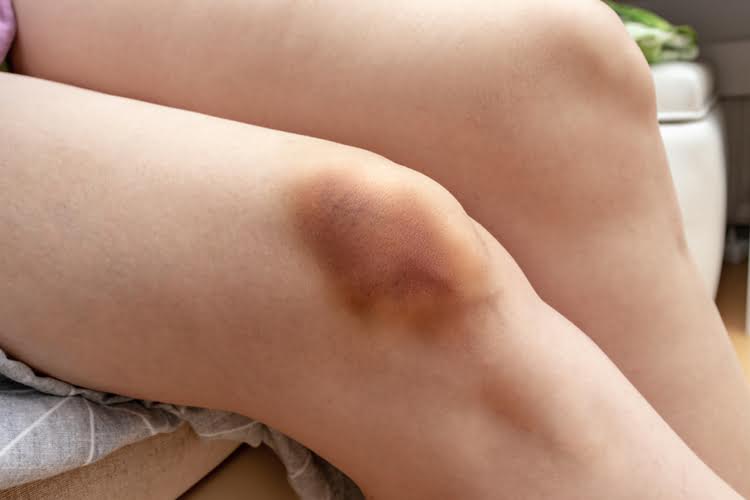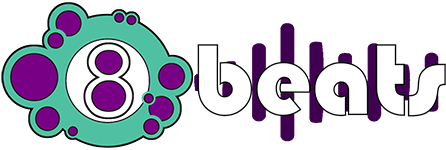Content
But it is a journey worth it for the hundreds of thousands of people who are alive today because of it. There are two types of triggers that can set off a person’s urge to drink. External triggers are people, places, things, or times that offer opportunities to drink and remind a person of alcohol.

Here are some tips and strategies for how to taper off alcohol safely. Based on your medical history, your doctor can advise you about the safety of the taper. Take our short alcohol quiz to learn where you fall on the drinking spectrum and if you might benefit from quitting or cutting back on alcohol. Our Recovery Advocates are ready to answer your questions about addiction treatment and help you start your recovery. However, it should not cause someone to become stuck on a step, which would defeat the purpose of a taper. A person is free to increase the taper speed (e.g., lower by three drinks instead of two) as they see fit.
Pros and Cons of Tapering Down Alcohol Intake
Quitting alcohol can be extremely hard, especially without medical support. Further, mental health disorders like anxiety and depression are extremely common in those who struggle with drinking, and these disorders can make it even harder to stay sober. Alcohol withdrawal symptoms usually How to Choose a Sober House: Tips to Focus on occur within 6–4 hours6 after stopping alcohol and can last for 2–10 days11. Alcohol detox medications can make the process safer and more comfortable. They can also ensure your alcohol detox is successful by making it nigh impossible to relapse if symptoms get difficult.
A standard (750 ml) bottle of wine at 12% alcohol contains 5 standard drinks. Some people may also find it easier to just taper off their alcohol use rather than jumping immediately into an abstinence day even if they do not have significant withdrawal symptoms. In addition, social pressures can make it hard to quit drinking, especially if your friends or family also drink heavily.
Weaning (or Tapering) Off Alcohol: What it Means
Glutamate receptor rebound also appears to contribute to the withdrawal symptoms described above. When the alcohol is completely taken away then this adrenaline and its cousins are left to run rampant in the brain. https://www.healthworkscollective.com/how-choose-sober-house-tips-to-focus-on/ This leads to raised blood pressure, raised pulse rate, rapid breathing, fever, hallucinations, seizures and D.T.s. The longer and harder a person has drunk alcohol–the more severe the withdrawal will be.
